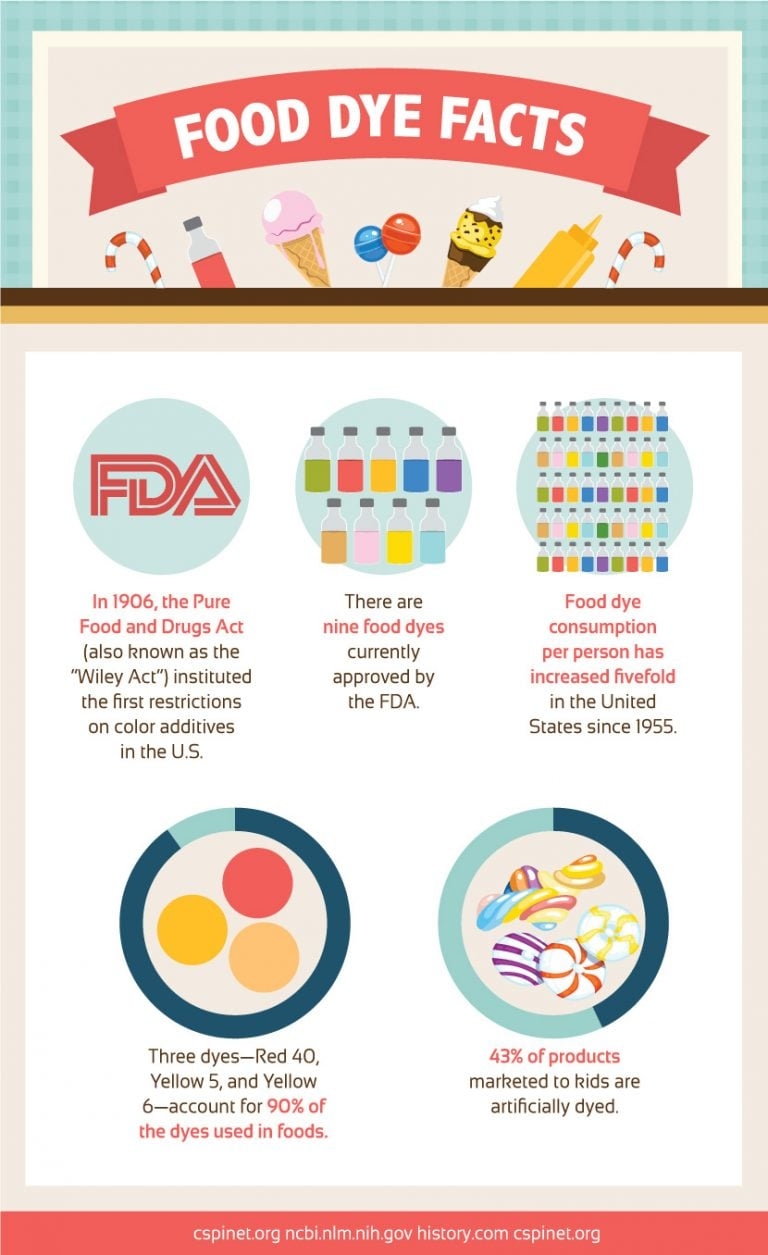Food coloring is a common ingredient found in many processed foods and beverages. While it may enhance the appearance of our favorite treats, some studies suggest that it could have negative effects on behavior, especially in children.
Artificial food coloring is made up of synthetic chemicals that are added to food products to make them visually appealing. These additives are often used to make foods look more appetizing and appealing to consumers. However, recent research has raised concerns about the potential impact of these additives on behavior.
Food Coloring Effects on Behavior
Studies have shown that artificial food coloring can lead to hyperactivity, inattention, and impulsivity in children. Some children may be more sensitive to these additives than others, leading to behavioral issues such as difficulty concentrating, irritability, and restlessness.
In a study published in the journal The Lancet, researchers found that children who consumed a mixture of common food dyes exhibited increased hyperactivity compared to those who consumed a placebo. This has raised concerns about the potential link between food coloring and behavioral problems in children.
Furthermore, some experts believe that artificial food coloring may also have negative effects on mood and overall well-being. Certain food dyes have been linked to anxiety, depression, and other emotional disturbances in both children and adults.
While the exact mechanisms behind the link between food coloring and behavior are not fully understood, many health professionals recommend limiting the consumption of foods and beverages that contain artificial food coloring, especially for children who may be more susceptible to its effects.
In conclusion, the effects of food coloring on behavior are a topic of ongoing research and debate. While more studies are needed to fully understand the relationship between artificial food coloring and behavior, it is important to be mindful of the potential risks associated with consuming these additives. By making informed choices about the foods we eat, we can help promote better overall health and well-being for ourselves and our children.
